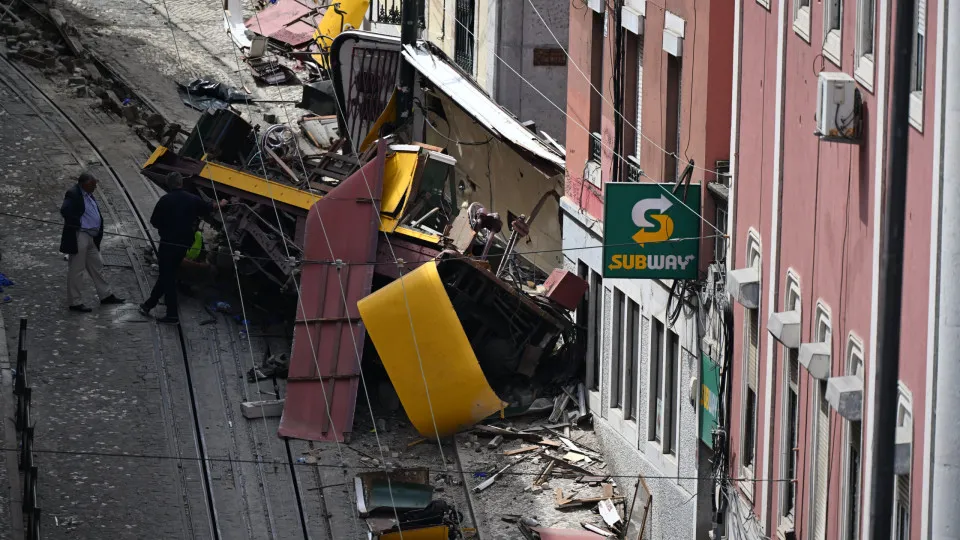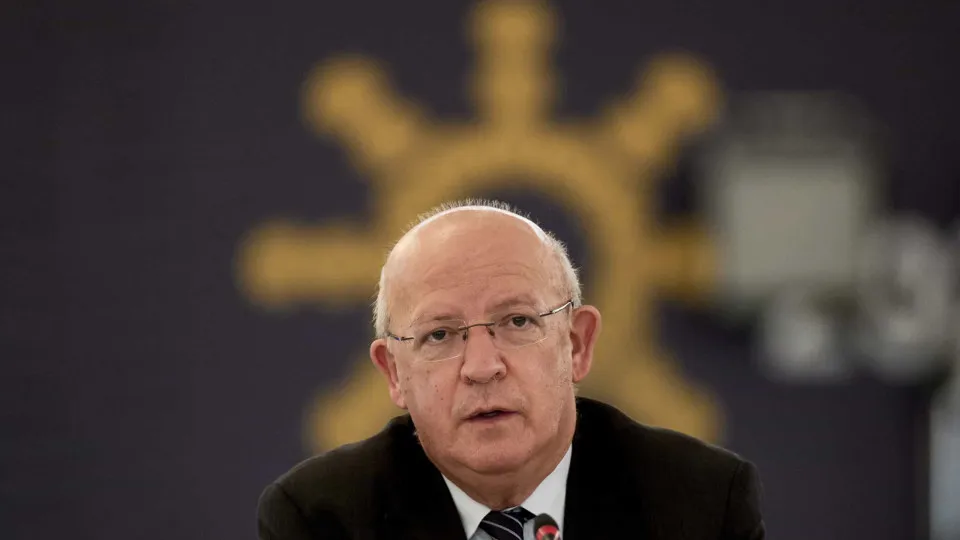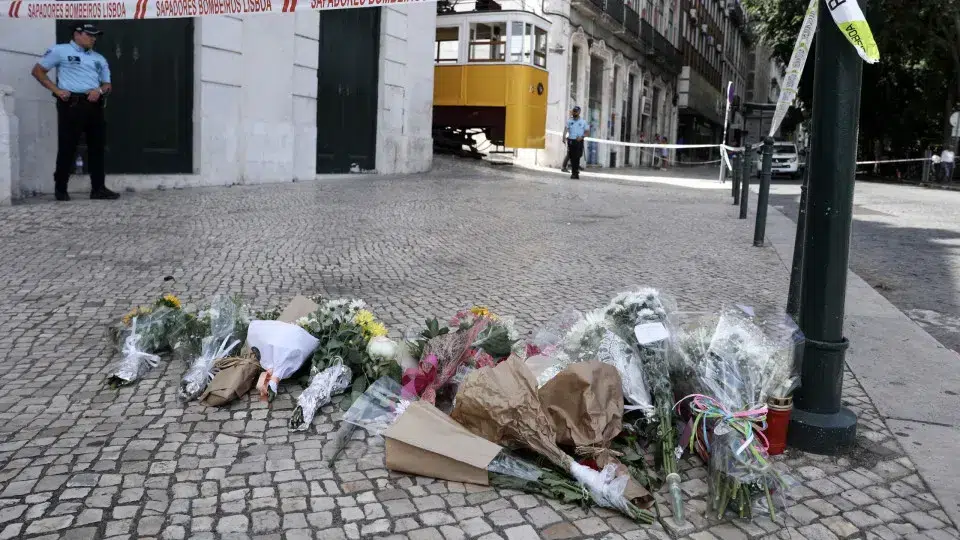
Electrician for Carris buses and a unionist at the time, the current national leader of Strup, Manuel Leal, highlights the “break in the transmission of knowledge from older workers to newer workers” as the most severe consequence of outsourcing maintenance services. He believes this should be a focus of the investigation into the accident on the Ascensor da Glória last Wednesday, which resulted in 16 fatalities and several injuries.
While “the excellent work of Carris’s workshop workers poses no problems” in repairing buses and trams due to “the technological innovations these vehicles have and the ease of professional training,” the same cannot be said for the fleet of elevators and lifts, which “are of a completely different nature,” he points out.
These are “vehicles over 100 years old,” for which “replacement parts are not available on the market,” he notes, recalling that previously “all materials were built in Carris’s own workshops.”
In this context, the “oral transmission of knowledge from older workers to newer workers is of huge importance,” he argues, emphasizing that the inquiry should determine “the responsibilities of those who decided on this break 20 years ago” and whether this “might also be among the indirect factors” of last week’s Ascensor da Glória accident.
Moreover, he adds, if maintenance services were guaranteed by Carris workers, “the company would not be subject to the variations of contract terminations and hiring processes.”
Before deciding to outsource maintenance services—including those related to the Bica, Glória, and Lavra lifts and the Santa Justa elevator in Lisbon—”there was no negotiation with the labor organizations” from the Carris administration, recalls the national leader of Fectrans (Federation of Transport and Communications Unions), describing the process as an “attempt to destroy the company’s workshop sector.”
“What happened was an imposition, forcing workers to terminate their employment contracts,” he notes, accounting for the departure of more than 300 workshop technicians in 2006/2007.
Manuel Leal remembers that the company administration communicated that migration would begin in January 2007 to a company with capital held by Carris, CarrisBus, founded in 2005.
Some workers accepted the migration, “losing their rights enshrined in the company agreement,” he recalls, adding that simultaneously, there was an external hiring process, without any rights enshrined in the company agreement and only with established salaries.
To recover the context of the decision to outsource maintenance services, which Strup attributes solely to the Carris administration without any indication of political order, Lusa contacted the company’s president at the time, economist José Silva Rodrigues, who led the board between 2003 and 2013, but he declined to comment.
The 2007 Annual Report indicates that Carris continued “developing the strategic orientation of outsourcing maintenance, aiming for greater efficiency and effectiveness reflected in fleet reliability and reduced operational costs related to vehicle maintenance.”
The 2009 audit by the Court of Auditors cites operational costs of 158.2 million euros in 2007, a reduction of over ten million compared to 2006, while also noting an increase in supply and external services costs by 4.2 million euros “resulting from the decision to outsource maintenance operations.”
In 2007, Carris did not disclose the year’s total loss, only the first semester’s: 41.6 million euros, 10.3 million less compared to the same period the previous year.
The following year, Carris reported a loss of 17.3 million euros, a reduction of 22 million euros compared to 2007, alongside positive operating results of 2.2 million euros.
[Updated at 7:21 PM]




